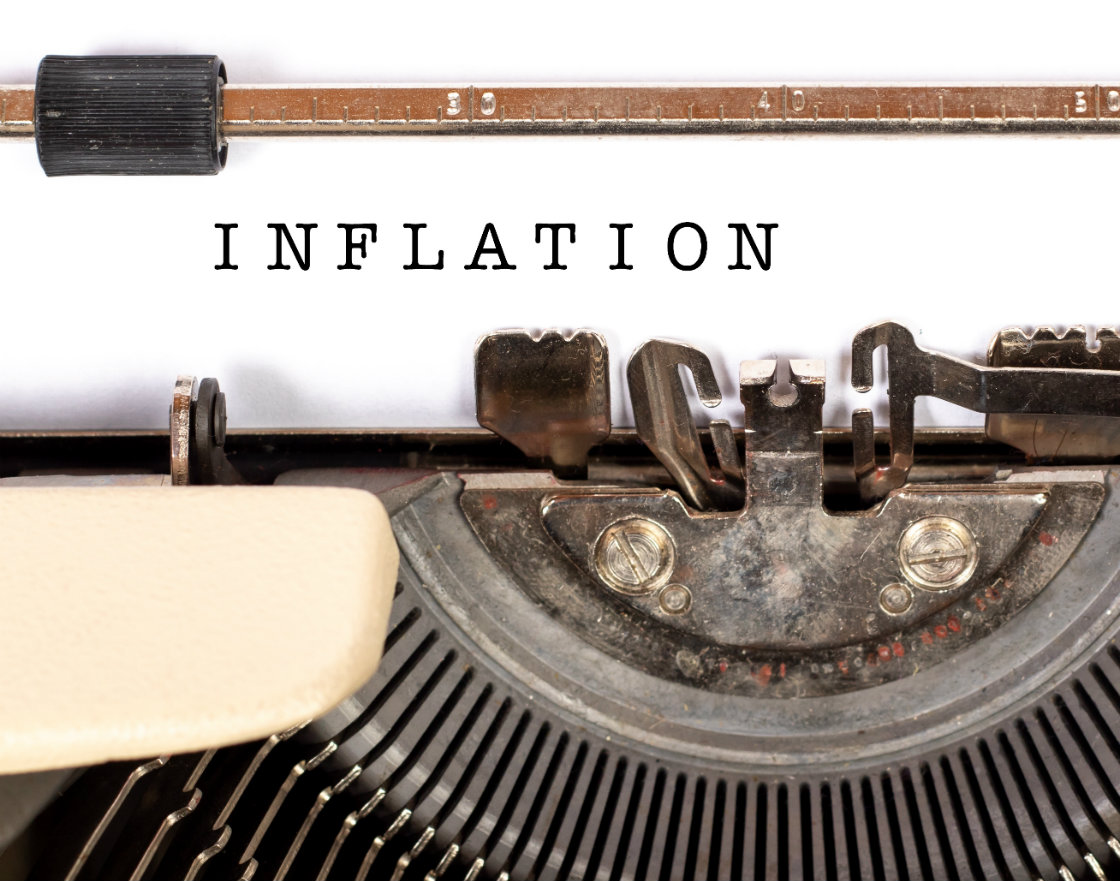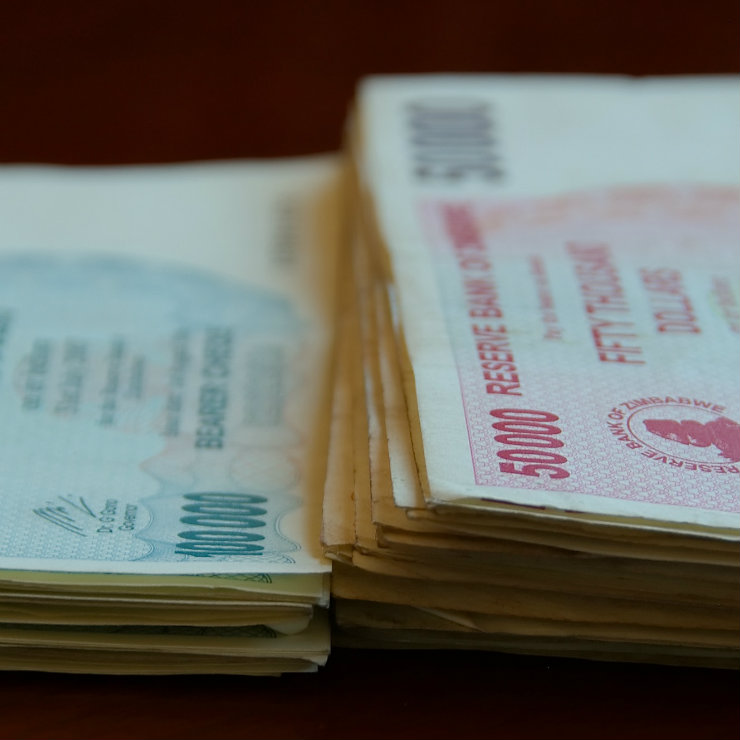
Gold has once again become a safe haven for investors. However, a return to the gold standard is a scenario that is unlikely to materialize – says Krishan Gopaul, Market Intelligence Analyst at the World Gold Council (WGC).

One of the fundamental issues related to the activity of central banks is the wording and the meaning of their mandates. A thorough examination of these mandates is important and should enable us to assess the validity of the...

The difference in the consumption level in Poland and the EU average is narrowing. Polish incomes are lagging behind other EU member states, but the prices are also much lower. However, Romania is catching up with the more...

We should not compare today’s crisis to the previous one, says Paul Tucker, former Deputy Governor of Bank of England. And what central banks are doing is, according to him, not business as usual but they have a reason: a...

As Covid-19 spreads, causing more countries to take counter-measures, Central and Southeast Europe is no exception. ING’s latest report said that collectively it is downgrading the 2020 GDP outlook on the back of virus fears.

The inflation targeting strategy has been pursued worldwide for 30 years, and has become one of the most widely used monetary policy regimes. According to this strategy the inflation target communicated to the public is the...

At a time when many central banks conduct a monetary policy based on near-zero or negative policy rates, expectations — not only of future interest rates, but also inflation — are playing an increasingly significant role....

Since 1990, Poland has adopted almost all possible exchange rate regimes, starting with a fixed rate, through a crawling peg, and finally a free floating rate.

The economy needs inflation. Striving for optimal inflation means striving for economic growth. The ECB is struggling to meet its inflation target and there is nothing more to resort to if the recession finally comes, says Prof....

Setting up the Eurozone without establishing an asset that would guarantee its stability was a mistake, says Professor Ricardo Reis from the London School of Economics.